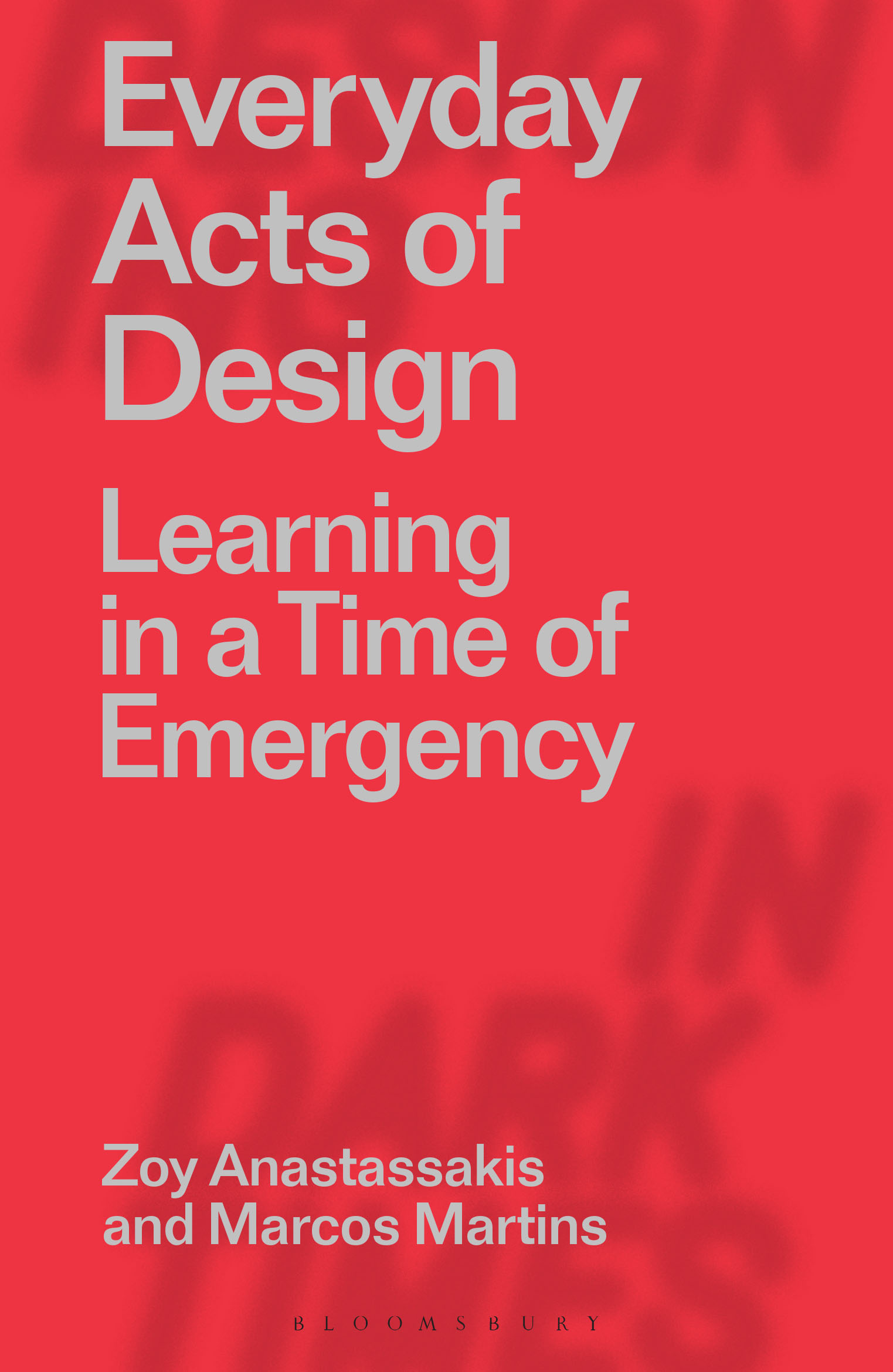
Bloomsbury (2022)Buy (...)
In its proposal this book is novel in both content and form. The content is novel in that one rarely has the opportunity to examine intimately the process of community self-governance in a design institution when the formal structures of governance have failed. The form is novel in that it proposes wise practices of decolonial approaches to knowledge building and sharing in terms of multi-vocality, narrative over analytical structures, and giving primacy not only to “human-centeredness.” Politically, its relevance is that as the authors say, “Brazil’s political situation seems to be a preview of the catastrophic threats that dictatorial regimes and their attacks on education and democracy mean to the world.
Its greatest strength lies in the sheer immediacy of its account, rooted in the nitty gritty of real life rather than preaching from some grand theoretical pulpit. The book conveys a profound sense of what it is like to manage in an educational setting in which everything is literally falling apart – right down to the fabric of the buildings and the personal safety of students – due to chronic underfunding and direct political attack. At the same time, it offers a message of defiance and hope. Rather than a cold-blooded ‘analysis of the future’, the book throws academic niceties aside. The authors present themselves as activists, determined to change things in the here and now rather than waiting for some unspecified time to come.
The world today seems to be questioning the value of education. In the same vein, a threat looms over democracy, fueled by the growth of far-right regimes all over the globe, Brazil’s recent developments stand as a dramatic example. In these situations of imminent collapse, when it is impossible to plan for the future, designers are forced to respond in the here and now.
Through storytelling and analysis, this book recounts the specific and unusual experiences of the authors as directors of the Superior School of Industrial Design (Escola Superior de Desenho Industrial - ESDI) in Rio de Janeiro, Brazil, between 2016-2018.
Caught in a moment of precarity and threatened by closure – but determined to stay open – the school’s community reacted by engaging in a series of radical experiments in pedagogy and organization. Gathering together students, alumni, teachers, and staff, and embracing togetherness as a method of acting, the success of these actions demonstrated that it is possible to produce antidotes against seemingly insurmountable disbelief and stagnation.
The cases and instances narrated and explored in the book indicate alternatives to conventional design teaching, but also prove that education is a vector for democracy and the practice of freedom and care. For design as a whole they suggest that in current global political and social conditions the fixity of the plan has to give way to far more flexible actions and practices.
Zoy Anastassakis and Marcos Martins are associate professors at the Escola Superior de Desenho Industrial (ESDI), Universidade do Estado do Rio de Janeiro. They directed the design school between 2016 and 2018, in the midst of a political and economic crisis, to which they responded through a series of unorthodox pedagogical and administrative experiments. At ESDI, Zoy coordinates the Design and Anthropology Laboratory, where she conducts research in anthropology by means of design, and in design by means of anthropology. Marcos' most recent research, initiated in 2018 at Princeton University, is focused on critical and historical analysis of social networks interface design.
